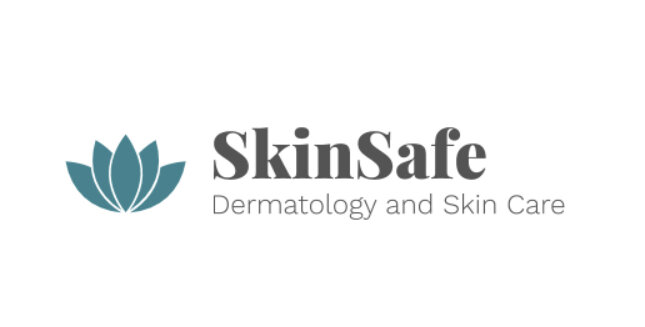Did Quarantine Make My Hair Fall Out? Stress-Induced Hair Loss, aka Telogen Effluvium 101
TELOGEN EFFLUVIUM refers to the significant hair shedding that can occur after a physical or emotional stress to the body. It is commonly seen a few months after giving birth, having surgery or anesthesia, having a bad febrile illness, going on a restrictive diet (low calorie, low protein, liquid-only), losing weight over a short time, or a significant emotional stress.
Dermatologists have been noticing a huge surge in the number of patients presenting with new-onset, significant hair shedding that began this past June, about 3 months after the sudden, mandated quarantine began. Is it possible that the 2 are related?
The physical stress of having symptomatic COVID infection and fever is an obvious trigger for an episode of telogen effluvium. But don’t discount the emotional stress associated with change in routine, and constant worry about getting sick; figuring out how to work or school or Zoom from home; loss of job/income; how to get food; how to pay rent/bills; physical separation from family and friends; lack of socializing; etc. These stressors are enough to actually cause a temporary halt in the hair growth cycle and shift a large percentage of actively growing hairs (Anagen phase) into the Catagen /Telogen phase, where they get ready to shed and then fall out 3 months later, over a period of weeks.
How do I know if my hair loss is normal? It is normal to lose 60-100 hairs a day. The growth phase of an individual scalp hair (anagen) is about 3 years, after which it takes 3 weeks to get prepared to fall out (catagen) and 3 months to fall out (telogen). When the body is stressed, it can shift up to 50% of the scalp hairs into the catagen phase. Three months later, you will suddenly notice that your hair looks significantly less dense/full. Most women notice the active hair shedding (hairs all over the place - the furniture, carpets, in the fridge, falling on arms all day; not just the shower/pillow/brush).
Unfortunately, this is not a phenomenon that you can entirely prevent, if it how your body responds to stress. However, limiting other outside stressors, maintaining a healthy diet, and ensuring good underlying medical health (no iron deficiency, no vitamin B12 deficiency, no thyroid disease) may potentially help to mitigate the stress that would otherwise could trigger an episode of telogen effluvium.
What can I expect if I do experience an episode of telogen effluvium? For most women, this shedding stage lasts no more than 6 months, and the hair begins to grow back. New growth and fuller hair may be noticeable within 9-12 months. For some women, this hair loss unmasks an underlying female-pattern hair loss (aka ANDROGENIC ALOPECIA, or FEMALE PATTERNED HAIR LOSS), and the hair may never look as thick as it once did.
If you are otherwise healthy (and younger), then treatment is mostly a watch and wait game. Anecdotal studies suggest that topical agents, such as minoxidil (Rogaine) can increase circulation in the scalp, and that supplements like biotin (part of the B-complex), silica and horsetail may help thicken the new hairs. Women with laboratory-proven iron-deficiency anemia, low vitamin D levels or thyroid disease should see their primary care physician to treat these conditions, in order to give your hair the best chance of growing back. They may not have been the trigger for this loss, but their deficiency can prevent re-growth. Develop a healthy eating schedule that includes food-derived vitamins and nutrients, and ensure that you are getting enough protein in your diet.
Other management/treatment options that have shown some level of efficacy include:
1. STEROID INJECTIONS – For some people, new active shedding can be ‘turned off’ with a dose of steroid. It can be injected as an intramuscular dose or as multiple tiny scalp injections.
2. PLATELET-RICH PLASMA aka PRP (applied topically after Microneedling, and/or as multiple scalp injections) can be performed every 4-6 weeks as needed to help stimulate hair regrowth. It is isolated from your own blood and injected into your scalp.
3. LOW LEVEL RED LASER LIGHT treatments- devices like Capilus, HairMax and others can be used safely at home (3x/ week) for months to reduce scalp inflammation, increase circulation and stimulate new regrowth.
** For further reading about stress-associated hair loss, check out these articles that feature Dr Shainhouse:
https://www.huffingtonpost.ca/2019/01/29/why-am-i-losing-my-hair_a_23656335/
https://www.babygaga.com/hair-loss-pregnancy-treatments/
https://www.brit.co/hair-loss-breakage-health-reasons/
https://www.firstforwomen.com/posts/beauty/how-to-thicken-hair-170928
